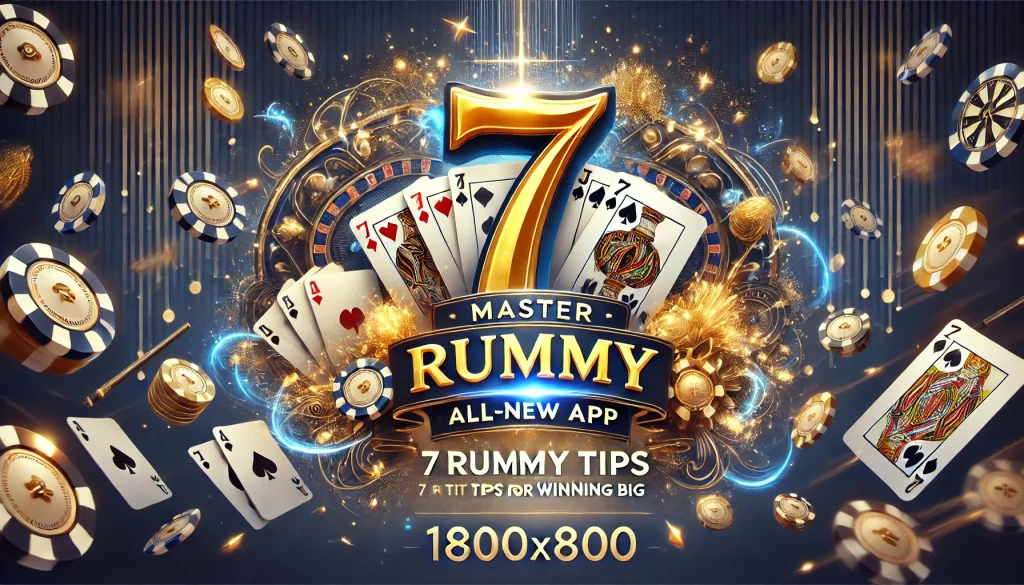Description

Developing Your Card Game Skills: Success Strategies Card games have been a popular pastime for centuries because they combine social interaction, strategy, and chance. Knowing the subtleties of the game will help you perform much better, regardless of your level of experience. This article explores key tactics that can improve your gameplay, emphasizing rules, observation, card management, and decision-making, among other areas. Knowing all of the rules of a card game thoroughly is essential before playing.
The rules that govern how cards are dealt, turns are taken, and points are scored vary from game to game. Understanding these guidelines will help you play more skillfully & predict the moves of your opponents. For example, being aware of the precise hand rankings and scoring schemes can provide you with a major advantage in games like poker or rummy.
Reading the rulebook carefully is essential, as is trying to observe seasoned players in action to see how the rules are implemented. Also, knowing the rules entails more than just knowing how to play; it also entails comprehending their strategic implications. For instance, in certain games, at different phases of play, some actions might be more beneficial. It can make the difference between winning and losing whether you know when to be aggressive or when to hold back.
Also, being familiar with the rules enables you to spot any possible rule infractions by your rivals, which you can use to your advantage. Therefore, for any player hoping to succeed, a firm grasp of the game’s rules is crucial. Seeing what the opposition does.
Being able to watch & evaluate your opponents’ moves is one of the most important abilities in card games. Every action they take can reveal important details about their goals and tactics. For example, if an opponent routinely discards high-value cards, it can mean that they are playing defensively or are attempting to form a particular set. Changing Your Approach.
By closely observing these trends, you can modify your own approach as necessary. This degree of observation calls for concentration as well as knowledge of psychology and human behavior. During gameplay, it is crucial to observe how opponents respond in addition to keeping an eye on discarded cards.
Their responses may be as revealing as their behavior. understanding nonverbal clues. Their confidence & hand strength can be inferred from their tone of voice, body language, and facial expressions. For instance, it may indicate that a player is holding onto valuable cards or is unsure of their approach if they appear extremely cautious or pause before making a move.
By improving your ability to observe, you can give yourself a big edge over your rivals & make better choices all throughout the game. Getting an Advantage Over Others. Developing your ability to observe will improve your gameplay and raise your winnings. This ability can be used in a variety of contexts, including social and professional settings, and is not just restricted to card games. Making better decisions and navigating situations more skillfully can be achieved by increasing your awareness of the people in your immediate vicinity and their actions. Jokers & wild cards offer players special chances to improve their hands and can be game-changers in a variety of card games.
To get the most out of these cards, it is essential to know how to use them strategically. For example, a joker can be used in place of any card in games like Rummy, enabling you to finish sets or sequences that would not be feasible otherwise. It’s crucial to use these cards sparingly, though, as keeping them for too long can restrict your options and make your hand predictable. The game’s result can also be greatly impacted by the timing of when to play a joker or wild card.
You risk revealing your strategy to your opponents and giving them the opportunity to counterattack if you play it too early. Waiting too long, on the other hand, could lead to lost chances to create winning combinations. Determining the best time to use these potent cards and constantly evaluating the game’s state are therefore crucial. Gaining proficiency with jokers and wild cards will improve your gameplay & keep your opponents off balance.
Monitoring the cards that are discarded is a crucial tactic in many card games and can reveal important details about which cards are still in play. Players can estimate the cards in their opponents’ hands & modify their tactics by keeping track of which cards have been discarded. One way to determine what your opponents might be holding is to look at the number of high-value cards that have been discarded without being picked up by other players. This can help you determine whether those cards are still in play.
Also, you can make better decisions about which cards to keep or discard yourself by keeping track of the cards you discard. You can concentrate on creating sets or sequences with the remaining cards in play if you are aware that some cards are no longer available. This degree of awareness shows a greater level of engagement with the game and improves your strategic thinking. Eventually, by giving you information about your hand and your opponents’, the ability to keep track of discarded cards can greatly increase your chances of winning. The way you play many card games can be determined by the sets & sequences you form early on.
Your hand will become more flexible as the game goes on the sooner you build a strong foundation for it. By forming sets early on, you can concentrate on finishing more combinations rather than rushing at the end of the game. For example, in games such as Gin Rummy or Canasta, you can control the pace of play and influence the actions of your opponents by giving priority to the creation of melds early on. Also, establishing sets and sequences early on strengthens your hand and puts pressure on your rivals.
They might feel pressured to alter their plan or take chances that could result in errors if they observe how rapidly you are developing a strong hand. This psychological component of gameplay is essential; by taking control early on, you can deter opponents from successfully implementing their strategies & force them to play defensively. Thus, one of the most important strategies for winning at card games is to prioritize the early formation of sets and sequences. Choosing which cards to discard is frequently just as important as deciding which to hold.
Throwing away expensive cards can be a calculated strategy that reduces risk and increases possible rewards. Holding onto valuable cards in many games raises the possibility of scoring points in the event that another player wins the round or goes out. Therefore, keeping a competitive edge requires knowing when to let go of these cards. For instance, it might be prudent to discard several high-value cards as soon as possible if you have them but are unable to use them right away to create sets or sequences. However, you must also carefully consider what your opponents might need when discarding high-value cards.
It might make sense to hold onto the card you’re about to discard a little longer or look for another discard option if you believe your opponent is almost done with a set or sequence that contains the card. In addition to considering your own hand, you also need to consider how your actions will impact other players at the table, which gives the game more depth. Learning how to properly discard high-value cards will help you reduce risks and keep your opponents guessing. For card games to be played successfully, you must keep an eye on the dynamics of the table as well as your hand.
Even though it’s simple to get caught up in the possible combinations of your own hand, ignoring what’s going on around you can result in lost opportunities or expensive errors. Frequent evaluation of both enables you to modify your plan in response to evolving conditions. For example, it might indicate that some cards are less valuable in the current game context if you observe that other players are discarding those cards a lot. Table dynamics awareness also entails being aware of how other players behave & react to different scenarios while playing.
Do they frequently bluff? Are they aggressive or conservative? These observations can help you decide when to play conservatively or take chances.
You can establish yourself as a more strategic player who can successfully handle challenging situations by finding a balance between paying attention to your hand and staying aware of table dynamics. Knowing when to quit a game or round is, finally, one of the hardest yet most important card game skills. Due to a disadvantageous hand or an overwhelming advantage held by opponents, there are situations in which it may not be in your best interest to continue.
It takes both self-awareness and strategic foresight to recognize these moments; it’s not just about accepting defeat but also about conserving resources for subsequent rounds or games. While dropping out can be a calculated move based on long-term strategy rather than short-term gains, it can also be used as a psychological tactic against opponents who might view it as weakness. You show that you are a mature player who comprehends the game’s mechanics and the value of strategic decision-making over sheer luck or bravado by deciding when to leave a game rather than forcing plays that could result in bigger losses.
When it comes to card games, knowing when to drop a game is a crucial ability that shows both experience and wisdom. To sum up, mastering card games requires much more than just knowing how to play; it calls for a thorough comprehension of the rules, astute observational abilities, the strategic use of special cards like wilds and jokers, efficient handling of discards and hand formations, and an awareness of opponent and player dynamics throughout gameplay. Players can greatly improve their chances of winning at the card table and take advantage of the rich social experience that these games provide by developing the abilities & tactics mentioned above.



